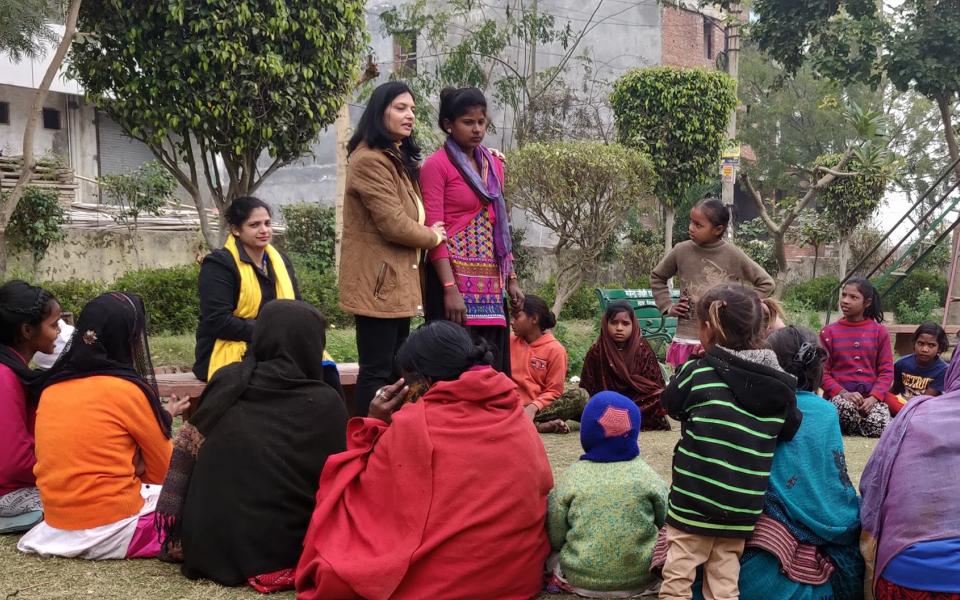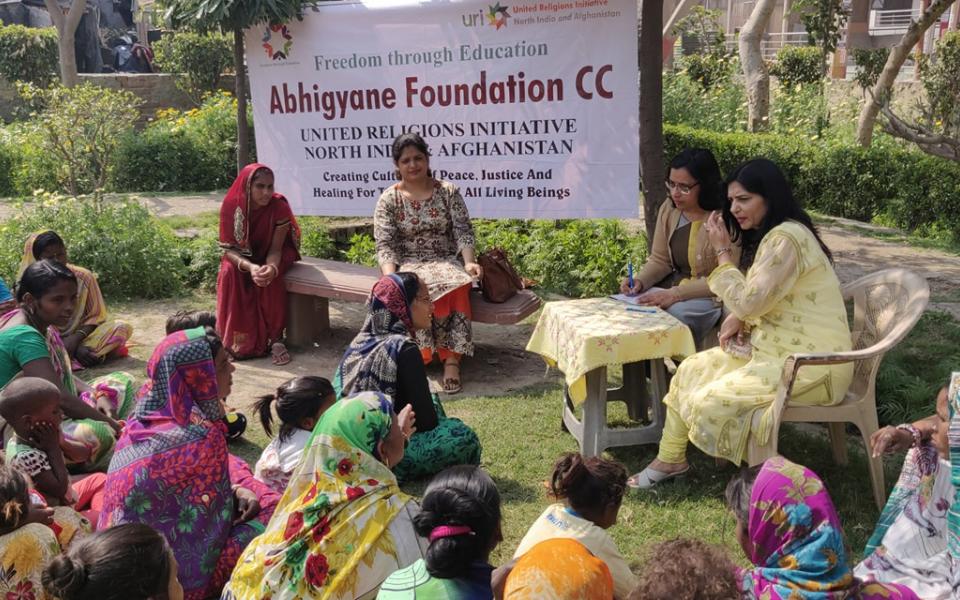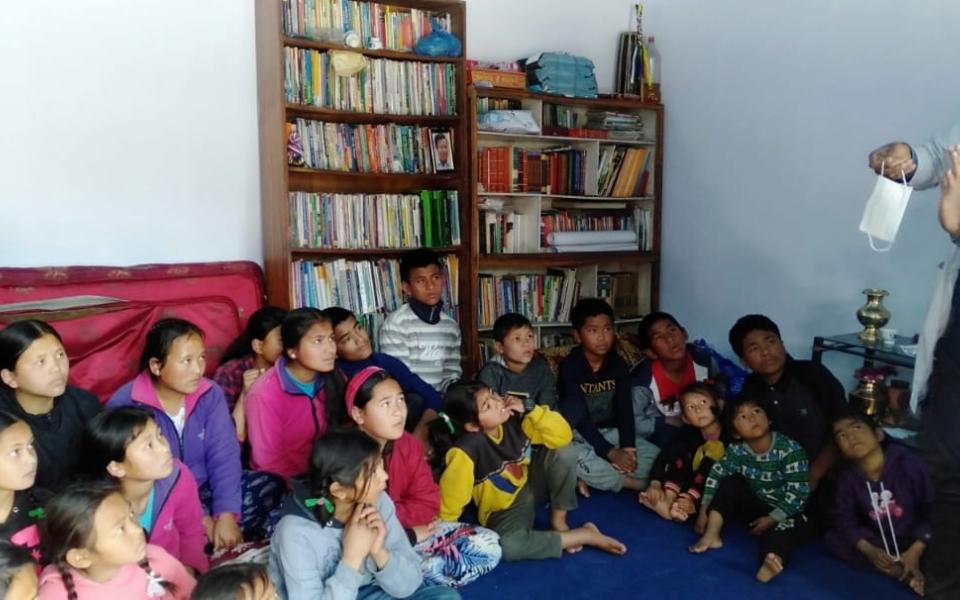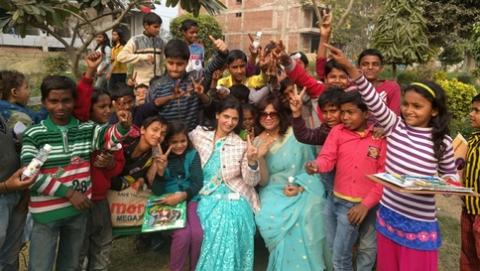
Written by Atharva Mehendale, Community Project Manager, URI - North India & Afghanistan
More than a century ago, Emile Durkheim rejected the idea that education could be the force to transform society and resolve social ills. Instead, Durkheim concluded that education “can be reformed only if society itself is reformed.” He argued that education “is only the image and reflection of society. It imitates and reproduces the latter…it does not create it”. Different critics have targeted different villains for failing education systems across continents: poor quality teachers, pampered, disruptive or ill-prepared students, the culture of their families, unions, bureaucrats, university schools of education, tests that are too easy, or inadequate curriculum. If Durkheim was correct, it would be safe to say that a society has the school system it deserves; and that education and social change find themselves trapped in a never-ending vicious cycle. Keeping in mind the above, what would be safe to concur is that the first step in improving education is to recognize that the problems plaguing our schools are rooted in the way our society is organized. Addressing these issues and making quality education available for all is something that a number of civil society organisations and NGOs are involved in. What sets Abhigyane Foundation apart is its aim of promoting a sense of freedom through education.
Abhigyane Foundation, that runs on the motto ‘extending support for education and health care of disabled, orphans and underprivileged’ was established in 1996 in Vasundhara, Delhi NCR. It was born out of the dire need felt by Dr Barkhaa Versha, Founder of the organization to create a platform for underprivileged children – especially children of laborers and maids to learn and hone their skills. Home-based tuitions gradually expanded to include classes for children up to Grade 8. The organization further facilitates school admissions for the children for classes 9th and 10th. Abhigyane also actively intervenes in child health and lends its support to orphanages. It regularly organizes health camps for children. It has tied up with several orphanages across the National Capital Region; and is actively involved in their activities. The organization’s endeavors are not limited to rights of children. It also actively advocates for women safety, women welfare, mental health awareness and skill development.

Abhigyane Foundation through some of its endeavors has been using music, culture and art as a tool of community mobilization and peacebuilding. The organization has successfully conducted health camps and supported the specially abled. It promotes social and cultural inclusion in the society and actively works against all forms of discrimination. According to Dr Barkhaa, this is where the role of ‘education for all’ assumes importance. In addition to this, and in order to reach out to people belonging to all walks of life, Abhigyane has time and again involved itself in distributing food and other essentials as a part of Iftari celebration on the occasion of Eid.
The organisation joined the URI network as a cooperation circle in 2015. Since then, it has benefitted from the latter’s vast network of member groups spread across whole of north India and parts of Afghanistan. The organization lays a strong emphasis on interfaith unity and religious pluralism. It organizes educational tours for children where they visit places of worship belonging to multiple faiths – temples, mosques, gurudwaras and churches. In a novel initiative, Abhigyane recently celebrated the Hindu festivals of Diwali and Basant Panchami in the Nizamuddin Dargah. It also organized the celebration of Holi for kids in a Muslim orphanage. As the organization spreads its wings, Dr Barkhaa hopes for a future where Abhigyane can reach out to every person in need irrespective of his/her country of residence. It hopes to do so by actively tackling all forms of political and social issues thrown its way. With its scope of activities slowly expanding abroad, what keeps the organization going is its drive to work for sustainable peace, and the belief in fact that ‘humanity transcends borders’.


